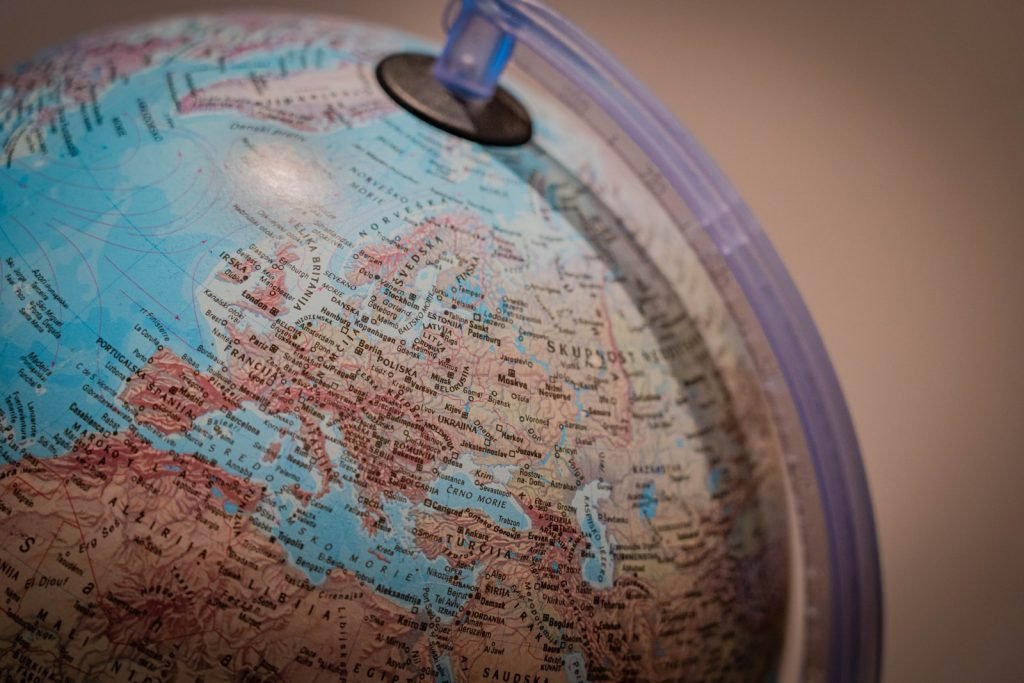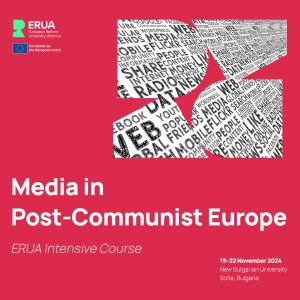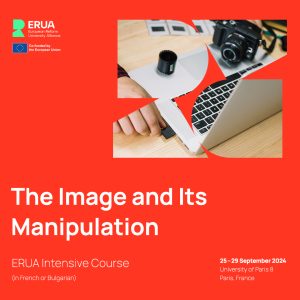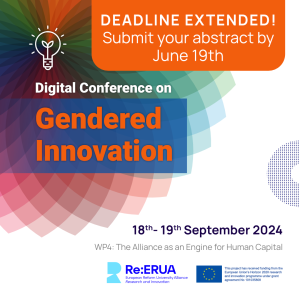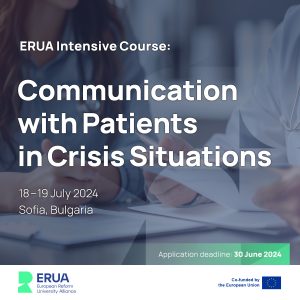Organizational unit: Centre for Transferable Skills
Background
Today’s working world has become diverse in terms of colleagues and clients. Although quite exciting, interaction in increasingly diverse environments can also be quite challenging in terms of working style, differing values and attitudes towards, and communication in a lingua franca that is not one’s own language.
In this 32 hour workshop seminar, the opportunity to engage in activities aimed at sensitizing participants to these challenges will be offered.
Seminar aims
This is an experiential learning seminar, which allows students to reflect on various behaviors that result from intercultural communication. Instead of a lecture style class, students will be called on to interact in mini-role plays, discussions and project work.
The aims are as follows:
- To engage in communication and interact with other students, in English.
- Become sensitized to the cultural effect on interpersonal communication.
- Through raised awareness, learn to become more relaxed and focused on finding solutions when communication difficulties arise, rather than becoming frustrated.
Methods
Discussions, role plays, simulations of work related situations, interactive learning in small groups, informal presenting of learned content.
- Student performance
Participation of classes. - Participants may not double book SQ courses – that is, no overlapping of seminars.
- Full interaction in workshop activities
- Final group project (max 6 persons to a group) to be presented at the final session
- MA Students will have to write a paper based on the group project, which should document the development of the project. The paper should include a theoretical basis to the project goals/reasoning, with researched sources.
- The paper should be 5-7 pages.
- The paper will not be graded in terms of pages, rather the quality of the content. I prefer conciseness.
Final Project
Groups should plan a team building event for a diverse group of people who will work/study/travel together. The main objective is to create a positive interactional environment for people.
Research:
- Group profile (the type of people you are creating the event for)
- Psychology of group dynamics and team building
- Interpersonal Communication
- Conflict in teams
- Use of English as a second language
- Cultural differences
- Sustainable work environment
- Open topic (determined by group)
Determine
- The kind of event
- The activities
- Prepare
- Presentation of project
- Demonstration of activity (class involvement = audience will engage in one activity that lasts no longer than 15 mins)
- Q&A session
- Maximum 45 mins per group
Course literature:
Sunderland, J. (2006). Gender and Language: An advanced resource book. London: Routledge.
Coates, J. (1998). Language and Gender. Oxford, UK: Blackwell Publishing
Penelope, E., and McConnell-Ginet, S. (2013). Language and gender. 2nd ed. UK: Cambridge University Press.
Duration: 6 days

